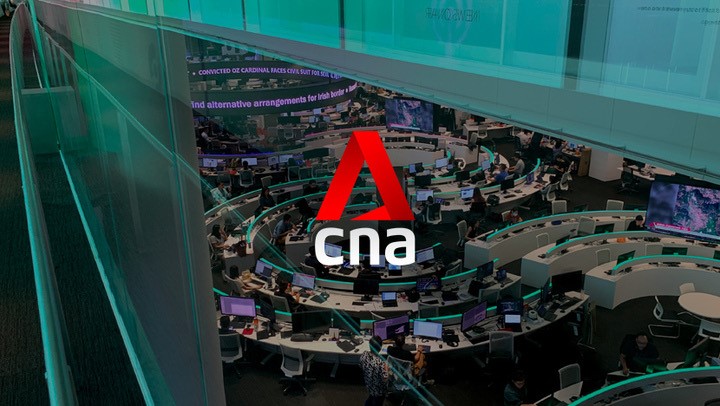Since she bought Metadium in April, Yun Hae-ri, a 26-year-old South Korean cryptocurrency investor, has seen the value of the coin practically wiped away. Yun, like many other South Korean individual investors, has thousands of won invested in smaller cryptocurrencies that are considered as alternatives to bitcoin, which has seen its value collapse as officials crack down on the industry.
South Korea’s various cryptocurrency exchanges will be required to reveal risk management and work with banks by September 24 to confirm that trading accounts are maintained by actual persons.
According to commentators, the laws could lead to the delisting of hundreds of “altcoins” as exchanges compete for bank partnerships.
“I have to admit that I didn’t look at the operator’s financial statement, but instead invested based on the coin’s popularity and prominence in the media, as well as recommendations from friends,” Yun, who trades Metadium on Upbit, the country’s largest crypto exchange, said. She is now concerned that Metadium will be delisted before the September deadline. Only four of more than 60 exchanges-Upbit, Bithumb, Coinone, and Korbit-have acquired the relationships with banks required to be licensed as virtual asset service providers since the new law was passed in early March.
They must also receive a security certificate from South Korea’s internet security agency, according to the law. As of May, just 20 exchanges had received such certificates. Metadium’s price plummeted by 94 percent from early April to 32.1 won (US$0.0281) in late June on Upbit, after dozens of altcoins were removed from their platforms by multiple local cryptocurrency exchanges. Upbit ceased trading of 24 cryptocurrencies in late June, including Komodo, AdEx, Lbry Credits, Ignis, Pica, and Lambda. Last week, Bithumb, another big operator, halted four coins. Investors are concerned that additional coins will be taken as the September deadline approaches because smaller operator Probit deleted 145 coins all at once in June.
Officials from Upbit and Bithumb told Reuters that the delistings were due to routine currency assessments, not the new rule.
According to the office of opposition member Yoon Doo-hyun, banks would consider the amount of listed coins as well as their risk profiles when deciding on exchange agreements.
GOPAX, one of the more popular exchanges outside of Korea’s big four, said it’s in talks with a number of banks and expects to meet all of the standards by the deadline.
‘HODL’
The rule is aimed at preventing money laundering and high leverage among young South Koreans who are investing in a market where coins like ether have seen their value drop after fast increases.
More than two-thirds of new investors on the four major exchanges during the first quarter were under 40, according to data compiled by the office of another opposition legislator, Kwon Eun-hee.
According to a survey released in May by BofA Securities, the anticipated daily volume of cryptocurrency trading in South Korea hit 1,480 trillion won in the first quarter, surpassing the combined trading volume on the KOSPI and KOSDAQ stock markets.
According to Reuters, exchanges that do not comply with the new standards would not be forced to close, but they will be unable to trade in the won.
“The updated legislation is focused at combating illegal money laundering. User protection and market stability legislation are in the works, and they should be able to address difficulties with (cryptocurrency exchange) users in the future “he stated Meanwhile, many investors are resolved to “hold on for dear life,” or “HODL,” as the cryptocurrency community calls it. Lee Jai-kyung, 27, says he lost 56% on his cryptocurrency investments after investing 40 million won (US$35,156.18). He says he has no plans to cut his losses. “I’m going to keep my coin investment because I’ve already lost a lot of money and there’s no purpose in withdrawing now,” Lee explained. “More importantly, I’ll keep it since I expect there will be another price increase later this year.”/n



